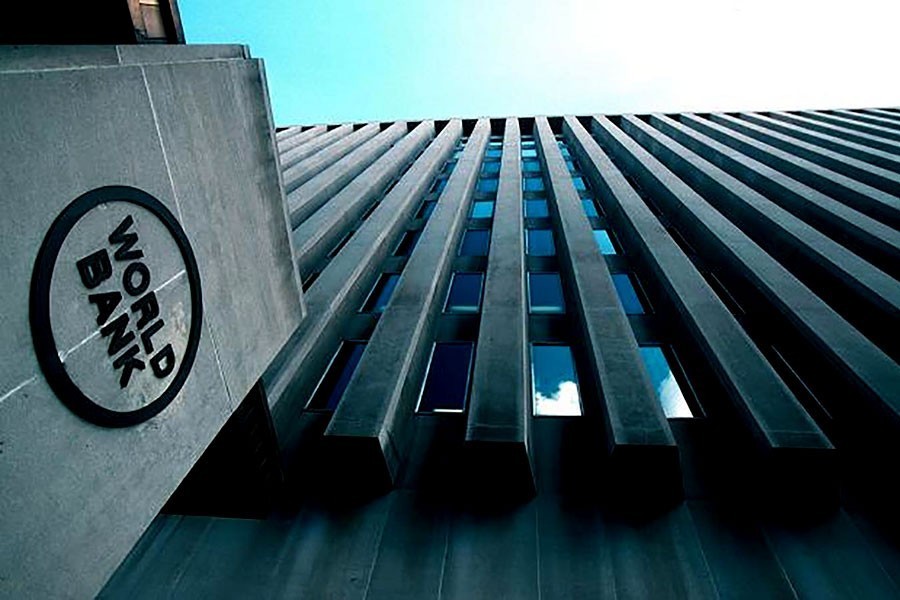Progress against corruption can be made even under the most challenging conditions, a new World Bank report finds.
At a time when unprecedented levels of emergency funds have been mobilised to respond to the Covid-19 pandemic, the report offers a fresh look at some of the most effective approaches and tools to enhance government accountability, said a press release.
Enhancing Government Effectiveness and Transparency: The Fight Against Corruption focuses on ways to enhance the effectiveness of anti-corruption strategies in the sectors most affected.
It serves as a reference guide to policymakers and anti-corruption champions as further work is needed to sharpen the application of traditional tools.
“The COVID-19 pandemic has resulted in large scale emergency spending by governments at rapid speed to revive the economy as well as protect the poor and vulnerable who suffer disproportionately. As countries embark on the road to a more resilient and inclusive recovery, prudent use of scarce resources in a transparent manner is critical,” said World Bank Managing Director Mari Pangestu.
“Progress is possible in all environments and we are committed to work closely with our partners in government, civil society, and the private sector to address corruption and its corrosive impacts.”added the World Bank official.
The release said some of the unprecedented emergency spending against Covid-19 has occurred without adhering to the regular checks and balances. While speed is understandable, without proper controls, it exposes governments to a variety of corruption risks that may undermine the effectiveness of their responses.
To foster greater accountability, the report calls on governments to clearly articulate their actions, enforce rules, address violations, and remedy problems as quickly as possible, and in a transparent manner.
The report covers five key thematic areas: public procurement, infrastructure, state-owned enterprises, customs administration, and service delivery, and cross-cutting themes such as open government initiatives and GovTech, with case study examples from around the world.
It will help equip public sector officials and civil society with a modular set of approaches and tools that can be drawn upon and adapted to their specific country context.
The report’s case studies show that measures to curb corruption are often opportunistic, targeting specific areas of vulnerability where and when the political space allows. But even when actions have apparently limited impact, they can provide important foundation for future progress.
In Bangladesh, the implementation of the e-Government Procurement, combined with increased transparency and citizen participation, halved the number of single bidder tenders which improved competition significantly; increased the number of contracts awarded to non-local firms; and led to better prices with successful bidders.
“Institutions are incredibly important for implementing government policies, engaging civil society, and ensuring greater transparency in government operations,” said Ed Olowo-Okere, World Bank Global Director for Governance.
The global report highlights the importance of complimenting the traditional methods of dealing with corruption with advanced ones like GovTech and e-Procurement to address corruption, even in the most challenging and fragile environments.”


